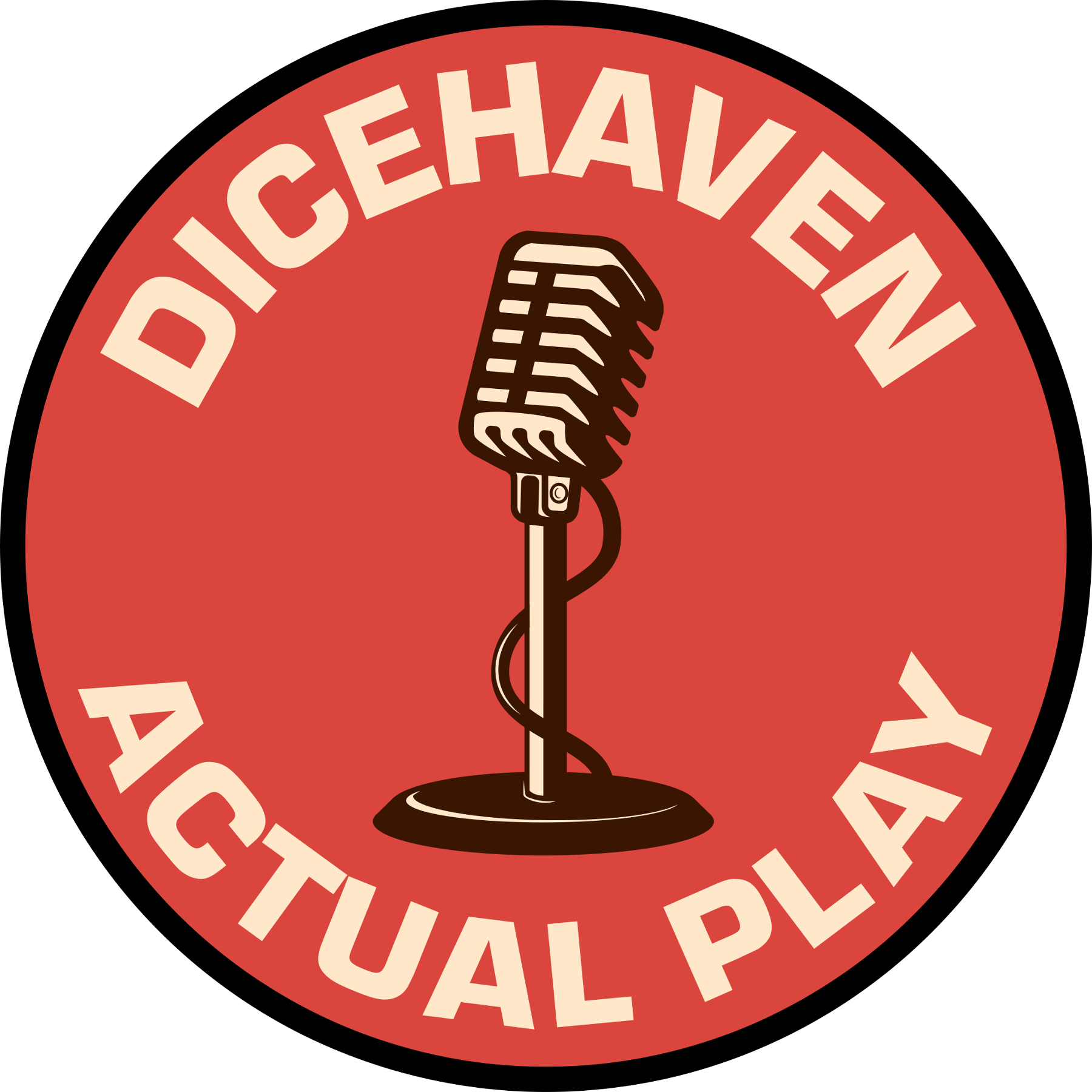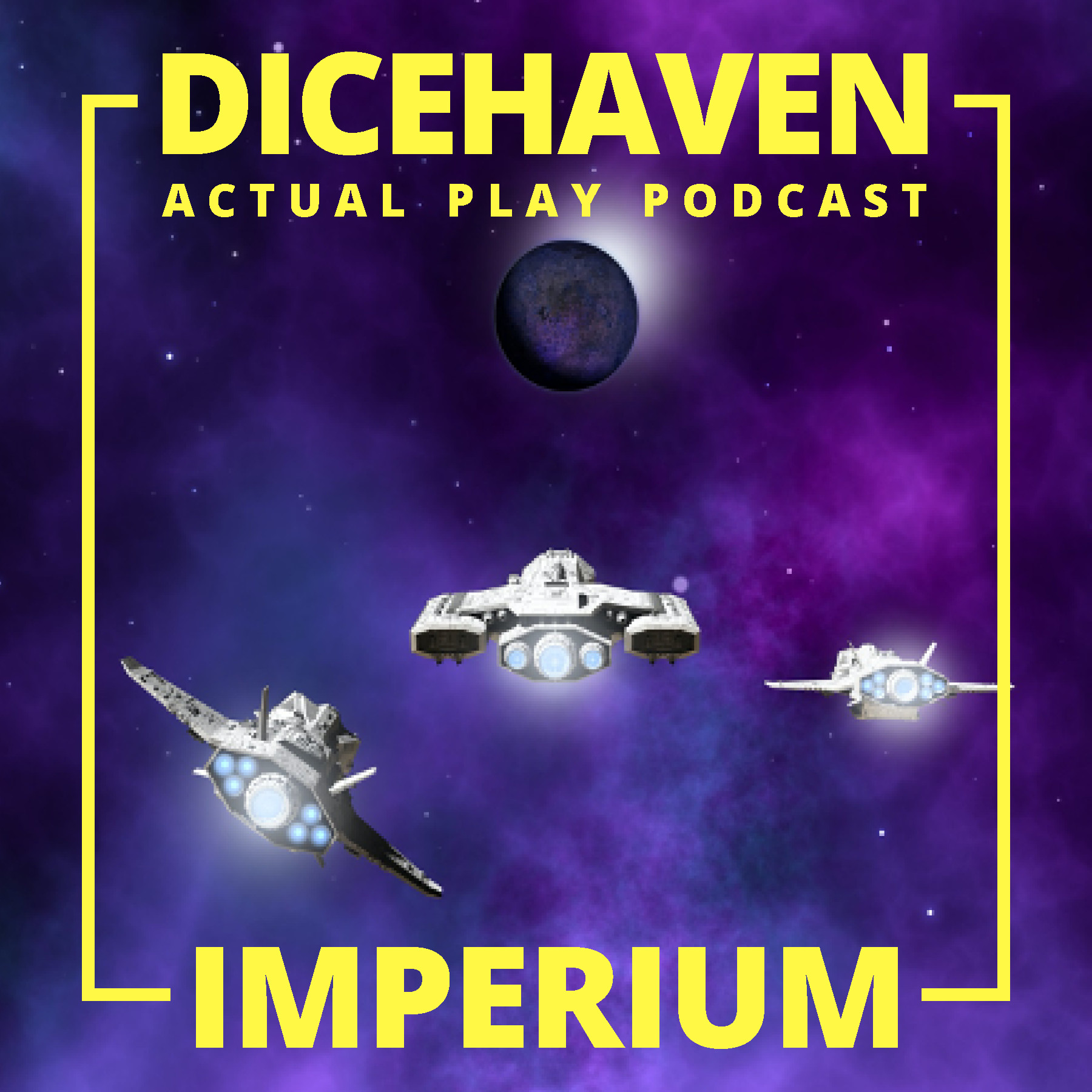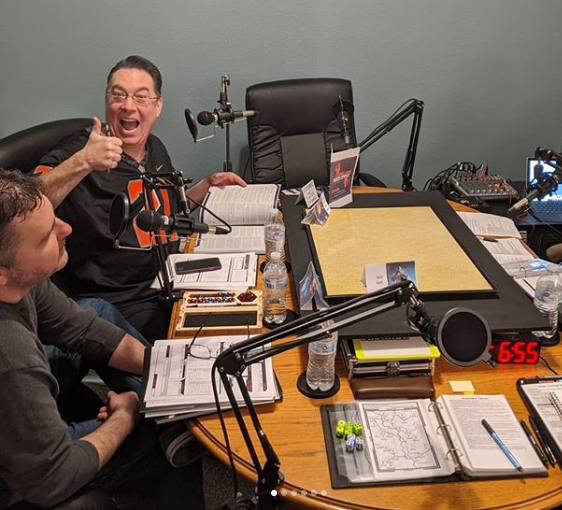The afternoon Art & Soul session includes a very interesting session about the Christian Fiction industry.
The Publishing Panel consisted of:
John Wilson, Books & Culture: moderator
Lil Copan, Paraclete Press
David Long, Bethany House Publishers
Jon Pott, Wm. B. Eerdmans Publishing Company

There were a series of questions posted by John Wilson, the moderator, with some interesting answers. Below are some of the highlights.
Trends in Publishing
John Wilson:
Is there a particular trend going on in publishing?
Jon Pott:
The CBA market is the fastest growing market segment.
David Long:
We’re seeing a large blurring of what a CBA book is these days. There used to be a very specific notion of what Christian Fiction was — very clean, no language — due to the increasing popularity of Christian fiction books, a lot of those lines are beginning to grey and blur. Many new books have very little [overt] Christian content.
Paraclete Press to Resume Fiction Novel Contest
Last year Paraclete Press hosted a literary fiction award at the Calvin festival for full-length novels. Leif Enger was the judge. Paraclete Press acquired rights to the winner and 3 of the finalists. Lil Copan announced that they plan to make this an ongoing, bi-annual event.
Themes Publishers See Too Much
John Wilson:
Is there [a type of fiction] that if you see another example of you’ll vomit….
David Long:
Chick Lit. Everything we see [in Chick Lit] is just cliché. The cookie cutter effect.
The other one [is] Left Behind.
John Wilson on Dan Brown:
You think, “Oh God it can’t get any worse than this”, and then you see the imitation book!
(laughter)
Lil Copan:
Dan Brown clones. Books on grief.
Jon Pott:
I’m starting to develop an allergy to Celtic spirituality.
On Ecumenical Trends
Lil Copan said:
Lot of people interested in the intersection of faith and literary fiction. In liturgical press, Catholic & Episcopal, lot’s of richness and history there for the literary fiction marketplace.
John Wilson:
[noting the recent death of Pope John Paul II]
There is far more crossing of barriers between different streams of Christian traditions.
Jon Pott:
Eerdman’s comes out of Dutch Calvinist tradition. There is more dialog between Orthodox and Protestants than there once was.
Lil Copan:
We’ve been purposeful in our ecumenical approach. We publish books by Orthodox, Presbyterians, and Mennonites. Frederica Mathewes-Green is as an example. A lot of people are interested in what another tradition has to say about spiritual silence.
Jon Pott:
We’re seeing a recovery of the earliest Christian writings, such as The Desert Fathers.




Recent Comments